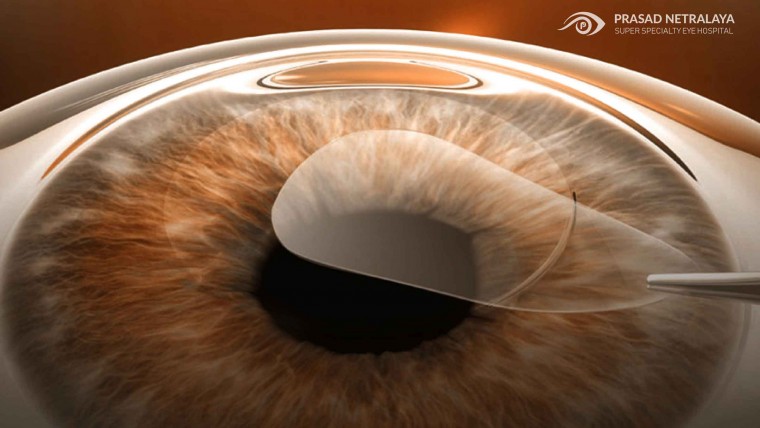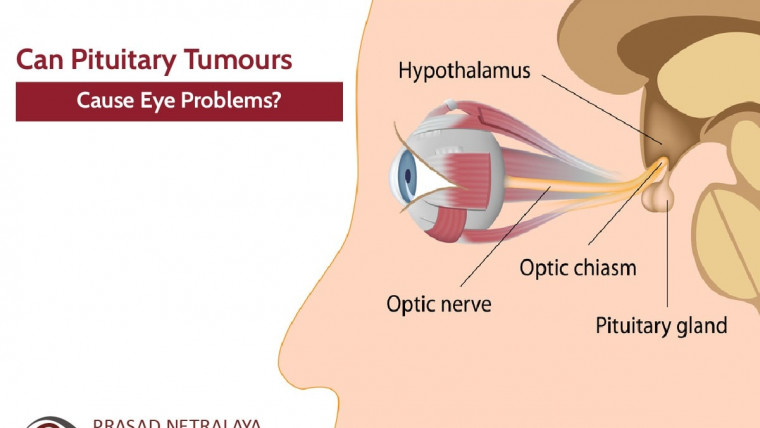Parents can attest to the fact that their child’s overall health takes primary importance in Caregiving.
With the advent of hand-held devices and increased screen time, children around the globe have fallen prey to growing vision impairments.
Vision impairment can mean a lot of different things. It can range from no vision, blindness or very low vision, to not being able to see particular colors.
While most vision conditions in children stay the same throughout their life, some conditions might result in vision problems for only a short time.
There are also cases where certain conditions have gotten worse over time, as the children got older.
Often times younger children are not able to communicate about their seeing difficulties, due to their tender age and lack of understanding.
Therefore, as a parent, you need to be better prepared in dealing with your child’s eye health.
Discovering vision problems at an early age can ensure better corrective measures.
Early detection will make sure that your child begins kindergarten or school, ‘classroom ready’ and better equipped to learn.
Table of Contents
WHAT CAN CAUSE VISION IMPAIRMENT?
Vision impairment can occur due to various reasons. It can be caused by genetic conditions, or even due to damage or injury to the eye.
Some babies might have vision impairment at birth. It can also occur later, as a result of disease, injury or a medical condition.
The most common causes leading to vision impairment are:
- Neurological conditions that affect parts of the brain that control sight (cortical vision impairment)
- Genetic conditions like albinism and retinitis pigmentosa
- Pediatric Conditions like pediatric glaucoma, cataracts, and cancer – for example, retinoblastoma
- Viral Infections caused during pregnancy – for example, rubella, cytomegalovirus, sexually transmitted infection, toxoplasmosis, etc.
SIGNS/SYMPTOMS TO LOOK OUT FOR IN YOUR CHILD
Children suffering from vision impairment may seemingly have normal-looking eyes. Only in obvious cases like full or partial cataract etc., do we see an external symptom of the problem.
Certain behavioral patterns in children can often be an indication of the persisting difficulty they face.
Normally, babies start to focus on faces and objects by 4-5 weeks of age. By about 6-8 weeks, most babies will start smiling at the familiar faces and things they see.
In cases where babies have a vision impairment, you might notice they have trouble doing this.
Signs that indicate a vision problem in babies:
- The baby’s eyes move quickly from side to side (nystagmus), jerk or wander randomly
- Eyes don’t follow a face or an object, or the baby doesn’t seem to make eye contact with family and friends
- The baby does not react to bright light
- Pupils seem white or cloudy rather than black
- Eyes don’t line up, but look towards his nose or turn outwards.
Signs indicating vision impairment in older children
- The child tends to hold things up close to his/her face
- Constant, and repeated eye rubbing
- Turning or tilting of the head, or covering an eye while looking at things that are close
- Exhaustion after looking at things up close – for example, reading, drawing or playing handheld games
- The indication of seeing better during the day than at night
- Complains of having tired eyes
- The child has misaligned eyes or a squint
- Repeated clumsy behavior – for example, knocking things over or tripping often.
If your infant or your older child, shows any of the signs listed above, it is very important for you to schedule a visit to your local eye doctor as soon as possible.
DIAGNOSIS AND TREATMENT
Getting the right diagnosis is the first step to receiving correct medical intervention.
If you’re worried about your child’s vision, you might want to see a pediatrician or pediatric ophthalmologist to get your child’s eyes checked.
The ophthalmologist will be able to examine your child and conduct tests to figure out the nature of the problem.
If your GP or pediatrician doesn’t think there’s a problem but parental instinct tells you otherwise, it is perfectly OK to get a second opinion.
You can call us on our Toll-free number 18004251919 or our mobile number9513576565 and learn more from our experts at Prasad Netralaya- Mangalore and Udupi’s first and finest Super Specialty Eye Hospital.
You can also directly book an appointment with our experienced in-house ophthalmologists by filling this simple form for regular eye checkup or just walk into any of our branches in Mangalore, Sullia, Tirathalli, and Udupi.



